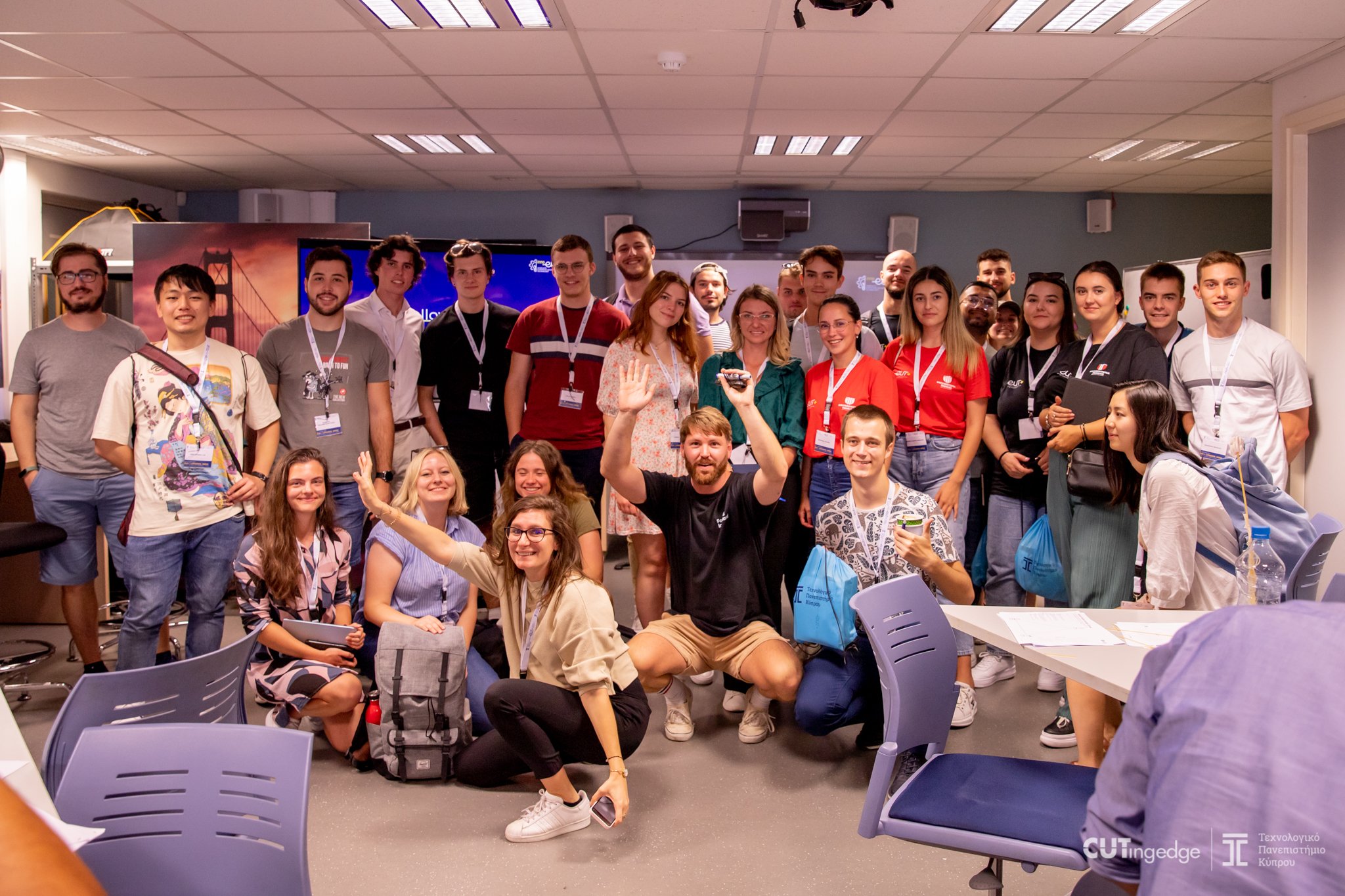
Study Affairs
Teaching programmes within EUT
Here are posted all courses offered to our h_da students from all EUT+ partner universities and all courses offered by the h_da to all EUT+ students.
Towards the EUT+ European Degree
Studies with a European Perspective
Thanks to EUt+, it will be easier to spend a part of the studies abroad, and recognition of achievements there will be facilitated. During their time abroad, students acquire language skills and intercultural competencies that are important for an increasingly international job market. In the medium term, a European degree will also become a unique selling point.
- a recognised qualification for the labour market
- a European network of peers
- ntellectual and cultural curiosity
- open-mindedness and civic values.
The European degrees are the backbone of EUT+. Harmonisation will take place progressively at all levels (Bachelor, Master, PhD) and will cover all fields of study: networks and telecommunications, mechanical engineering, materials, information systems, sustainable development, architecture…
As highlighted in the Mission Statement, increasing the place of Humanities and Social Sciences is fully in line with our values. We will expand the know-how throughout our campuses and promote a pluridisciplinary approach whereby Humanities and Social Sciences are embedded in the technological curricula rather than being independent stand-alone courses.
Clusters and Mobility Maps
Clusters and Working Groups
A pool of joint degree programs will enable students to acquire their professional competencies in a European perspective. Several disciplines have set out to make this a reality. Working groups are preparing new clusters that facilitate a closer cooperation between the study programs of the eight partner universities and enabling students to spend a period at another campus with recognition of their study achievements.
Current clusters:
- Telecommunications and Networks (BSc & MSc)
- Mechanical Engineering (BSc & MSc)
- Civil Engineering (BSc & MSc)
- Industrial Engineering (BSc & MSc)
- Architecture (BSc & MSc)
- Food science and technology (MSc)
- Sustainable Development (BSc)
- Environmental Engineering (MSc)
- Computer Sciences (BSc & MSc)
- Microelectronics (MSc)
New Working groups:
- Multimedia (BSc)
- Global Sustainable Development (BSc)
An overview of existing clusters including the professors working in them can be found on the intranet.
Contacts:
Martina Mohrbacher (Referentin VPS) referentin-vps@h-da.de
Prof. Dr. Matthias Vieth vps@h-da.de
Mobility Maps
The EUT+ Mobility Map is a strategic digital tool created by the European University of Technology to enhance and streamline student mobility across its network of eight partner universities.
Examples of Mobility Maps at h_da (Recognized Academic Achievements from Our Partner Universities)
Innovative Teaching Projects
The h_da Language Centre has started the project "DACADU - Interculturality in the Foreign Language Classroom". German learners from the participating EUt+ partner universities meet during an online course and document their results as texts and audiovisually in an intercultural blog. In October 2023, students from Cyprus and France visited Darmstadt (blended mobility approach).
More and more exciting collaborations are emerging that are directly integrated into the study program, e.g. the lecture series "European Identities".
Cross Cultural Training Kurs in Moodle
Cross Cultural Training Kurs: Have you ever had the feeling that what you say somehow doesn't get across? This course involves a critical historical examination of cultural standards and their practical application with the aim of deepening cultural awareness, avoiding misunderstandings (understanding and being understood), and improving cooperation.
Be part of it!
We are building the university of the future – and it will be European through and through: not only because it is made up of eight universities from all over Europe, but particularly because it is based on European values. Students will be involved in the "European University of Technology" from the very beginning. They have a voice in the decision-making because so they will benefit from EUt+.
We have the ambition to build a new european model of education:
- Interdisciplinary European study programs
- Easy recognition of credits earned abroad
- Study and PhD programs with an international focus
- More opportunities to learn foreign languages
- Cosmopolitanism and inclusion
If you are interested in getting involved with EUt+ and you would like to actively shape the university of the future, become part of the Student Board!
